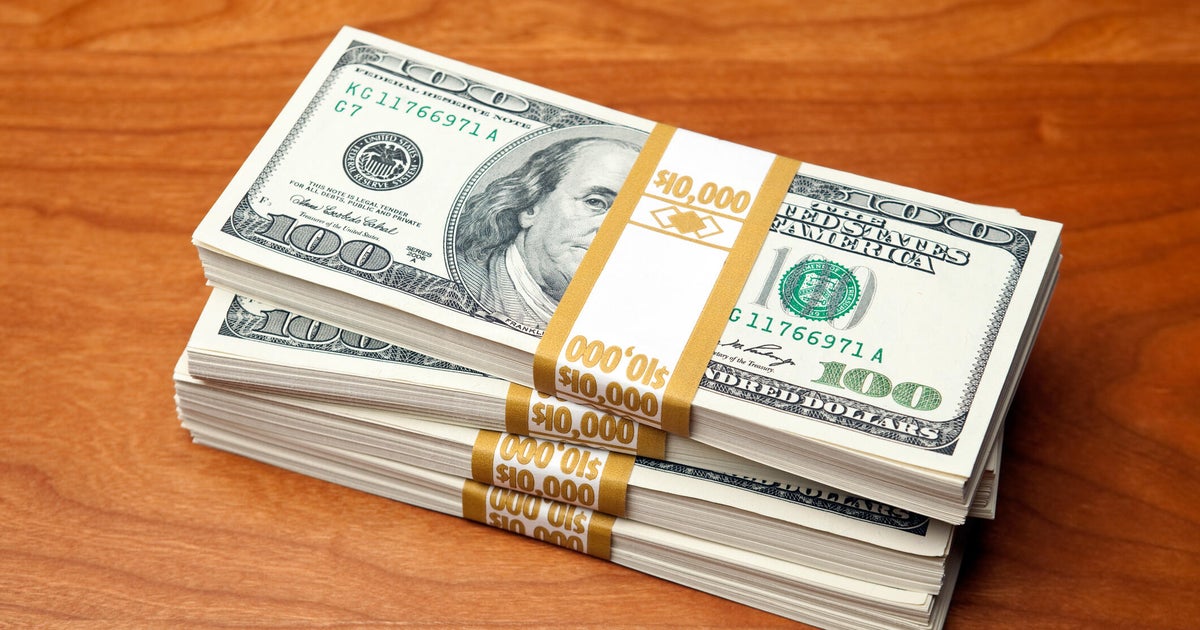How to choose a CD term
In today's high interest rate environment, a CD (certificate of deposit) can be a great place to keep the money you're saving for the future. A CD can even help you boost your savings with a competitive interest rate.
But CDs also have certain restrictions and details to keep in mind before you can get started — including the length of time, or term, you're required to keep your money in the account. If you choose a CD term that doesn't align with your goals, you could risk paying an early withdrawal penalty and forfeiting the full interest amount you thought you'd earn.
In this article, we'll break down CD term lengths and how to make sure you choose the right one.
Explore your CD options here to see how much more you can be earning.
How to choose a CD term
Before you can choose the right CD term for you, it helps to understand your term length options and how different terms can suit your goals.
What are CD terms?
When you open a CD, the term length is the amount of time you'll need to keep your money locked in the account to avoid paying a penalty for early withdrawal.
In exchange for keeping your money in the account for the full term, you'll earn the fixed interest rate you agreed to when you opened your account. CD rates are often higher than even high-yield savings accounts, which can make the lack of flexibility a worthwhile tradeoff for many consumers.
CD terms vary widely; you may find CDs as short as one month or as long as five or even 10 years. It's important to have a goal in mind for your money when you open a CD, so you can choose a term length that allows you to both maximize interest and avoid penalties.
Learn more about CD terms and current rates here now.
When to choose a short-term CD
Common term lengths for short-term CDs include three months, six months and one year. Short-term CDs are great for short-term goals, but they may not offer interest rates as high as longer-term CDs. Often, short-term CD rates are more comparable to rates offered by high-yield savings accounts.
That doesn't mean short-term CDs can't be beneficial, though.
If you already have money saved for a specific goal, a short-term CD can help you keep the money safe. Plus, you'll maintain the flexibility to move your money around (or roll it into another CD) in the near future.
Here are a few examples of savings you might keep in a CD with a term of one year or less:
- Funds for a vacation you want to book in the next few months
- The cost of appliances you want to buy to complete an in-progress kitchen renovation
- Savings you'll put toward wedding costs over the next year
With a short-term CD, you'll boost your savings with a competitive interest rate and be less tempted to spend the money elsewhere before you're ready, since withdrawing early can result in a penalty fee.
When to choose a long-term CD
In general, you're more likely to find the highest CD interest rates on longer CD terms, such as three- to five-year CDs. Because CDs carry fixed interest rates, choosing a long term length can help you lock in a competitive interest rate today — which you'll maintain even if rates go down over time.
Similar to shorter CD terms, it's a good idea to have a goal in mind for the money you put into a long-term CD. You don't want to risk paying a penalty for withdrawing early. CDs also restrict contributions (and many don't allow you to contribute at all after your initial deposit), so these accounts are best for the money you've already accumulated.
Here are a few examples of types of savings to add to a long-term CD:
- A down payment on a home you plan to buy in a few years
- Tuition costs for future continuing education or to supplement your child's education
- Money you want to save and grow longer-term but don't want to risk in an investment account
Compare your long- and short-term CD rates here now.
Is a CD right for you?
If you have money set aside for a future goal, you can earn a competitive interest rate and ensure your money stays safe with a certificate of deposit.
There are some cases in which a CD may not be the best choice. For example, it's often better to keep an emergency fund (which you may need to access on short notice) in a more flexible high-yield savings account. Alternatively, long-term retirement savings may better serve you in a dedicated retirement account like a 401(k) or IRA.
If you do choose a CD, make sure you're able to get the most from it by choosing a term length that will help you get the best combination of interest rate and accessibility for your goals.




